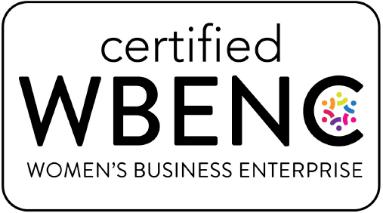Authored by:

Justin R. Muehlmeyer
Patent Attorney
All Posts by Justin
What are your chances of success in being issued a patent for your invention? Wouldn’t you like to know!
You are entitled to a patent unless your invention, in light of anything that has ever been done before anywhere, is not novel or is obvious. Prior to the Patent Act of 1836, patent applications were not examined to confirm whether an invention was novel and non-obvious — their validity was left to be decided by the courts. Since 1836, every patent application is examined by an examiner at the United States Patent and Trademark Office (USPTO).
Patentability searches can help provide a sense of the chance that your invention will issue as a patent. I wouldn’t apply for a patent without doing a thorough search first. If something identical to your invention is found, then you should not file a patent application. If you find similar things to your invention, then you are in the grey zone of wondering whether your invention is an obvious variation of those things you found. While there are general guidelines an experienced patent practitioner can discuss with you to help get a sense of whether your invention is obvious or not, don’t expect any degree of certainty in knowing — there really isn’t any certainty there.
Perhaps the raw numbers might inform your decision as to whether to file the patent application.
One crude estimate is to compare the number of patents issued to the number of applications filed in any given year. By that metric, about 54% of patent applications were issued in 2017 compared to the number of applications filed that year (647,388 patent applications were filed and 347,243 were issued). But this metric is quite crude indeed because every application takes at least two years to issue, meaning that patents issued in any given year were filed at least two years previous.
In 2015, economists at the USPTO undertook a study to answer this very question based on data available through year 2005. Tracking data related to millions of individual applications rather than aggregate information, the study determined that 55.8% of patent applications (that were unrelated to any other previously filed application) were ultimately allowed. It even determined rates of abandonment or allowance at the different stages of prosecution, showing that about 86% of applications received at least a first office action rejecting the application. (See Michael Carley, Deepak Hegde, and Alan Marco, “What is the Probability of Receiving a U.S. Patent”, 17 Yale J.L. & Tech. 203 (2015)).
The famous patent blog “IP Watchdog” also published a study, which found that, once an application receives a first office action rejecting it, your chances of being granted a patent increase with time but at a decreasing rate:
| Years after the first rejection | Chance of being granted |
| 1 | 44% |
| 2 | 61% |
| 3 | 66% |
As the numbers show, patent applications are incredibly risky investments. If your financial health would be significantly strained by a patent application, think twice about filing. And the budget for at least one response to an office action.
At Peacock Law, we can help you figure if a patent application is right for you. To learn more about how Peacock Law can help you generate value from your intellectual property, visit our website today or give me a call today to discuss.


